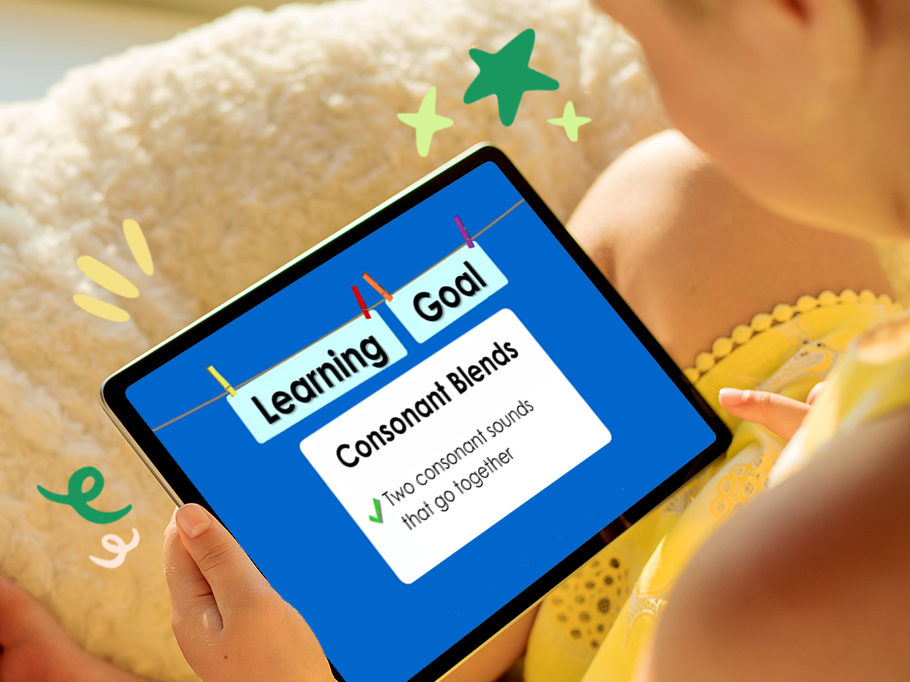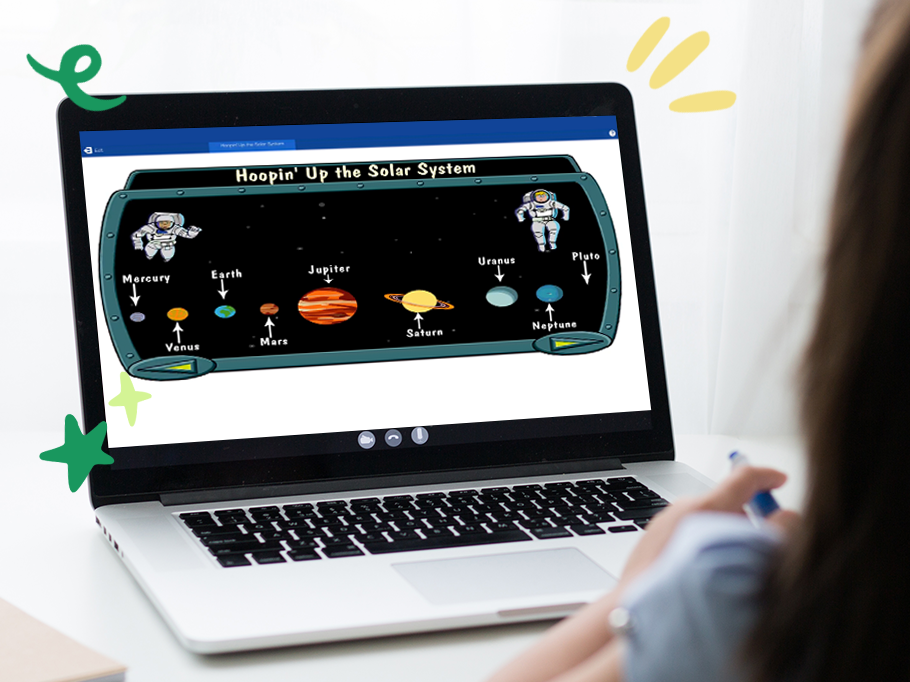
Utah standardized test prep
Utah state standardized tests play a crucial role in measuring student achievement and ensuring that schools meet state academic standards. These assessments help track student progress in key subjects like Math, English, and Science, and provide valuable data to educators, parents, and policymakers. In this article, we’ll explore the various standardized tests given in Utah, when they are administered, and how they impact students and their academic journey.
Which standardized tests are given in Utah? When are they offered?
In Utah, there are several standardized tests available for students, including state-mandated assessments, college entrance exams, and other optional assessments. The exact timing may vary slightly by district or school. Here are the key ones:
- Utah Statewide Assessments (USAA): These assessments are used to measure student performance in core subjects and track academic progress. These tests are typically given in the spring, from March to May in the following subjects:
- English Language Arts (ELA): Grades 3-8, 10.
- Mathematics: Grades 3-8, 10.
- Science: Grades 4, 8, and 11.
- Social Studies: Typically for grades 4, 8, and high school.
- ACT: A college readiness assessment used for college admissions and scholarships, typically given to 11th-grade students. Utah administers the ACT to 11th graders in early spring, typically in February or March. The ACT is also offered nationwide on specific Saturdays throughout the year (usually in the fall and spring).
- DIBELS (Dynamic Indicators of Basic Early Literacy Skills): DIBELS is an early literacy assessment that evaluates students' basic reading skills in grades K-6. It is administered several times during the school year (beginning, middle, and end of the school year) to monitor student progress.
- NAEP (National Assessment of Educational Progress): This is a national assessment that evaluates the knowledge and skills of U.S. students in various subjects. It is administered to a representative sample of students in grades 4, 8, and 12. NAEP assessments are given periodically, usually every two years for specific subjects like reading and mathematics.
- Utah College and Career Readiness Assessment (UCCRA): This test is designed to assess college and career readiness, focusing on English, Math, and other subjects aligned with postsecondary goals. This exam is administered in grades 9-11, typically in the spring.
- Utah Preschool Assessment (UPA): This is used to assess the developmental progress of preschool-age children. It is given to Pre-K students typically at the beginning and end of the school year.
Are Utah homeschoolers required to take standardized tests?
In Utah, homeschooling families are not required to take standardized tests. While state-administered tests like the Utah Statewide Assessments (USAA) are optional, homeschoolers can choose to participate in them through their local school district if desired.
Homeschool parents must provide evidence of their child’s academic progress, which can be done through standardized testing or alternatives like a portfolio or written assessment. Some families may opt for tests like the ACT or SAT for college readiness or to assess progress, but these are not mandatory.
We've done all the research on Utah's homeschooling requirements and how to start homeschooling there! Check out our Utah homeschooling guide!
How can Time4Learning help Utah students prepare for standardized testing?
Time4Learning can help Utah students prepare for standardized testing in several ways:
- Comprehensive curriculum: Offers lessons in core subjects like math, language arts, science, and social studies, aligned with state standards, helping students build foundational skills.
- Practice tests & review: Provides practice exercises and quizzes that mirror the types of questions found on standardized tests.
- Flexible learning: Students can work at their own pace, allowing for extra practice in areas they need more help with before testing.
- Support for special needs: Time4Learning includes customizable settings like audio instructions, interactive lessons, and a visual learning approach to assist students with special needs.
- Progress tracking: Parents can monitor student progress, identify strengths and weaknesses, and target specific areas for improvement before test day.
These features help students feel more confident and prepared for standardized testing in Utah.
Legal note
We have done our best to ensure the accuracy of this information, however it should not be interpreted as legal advice. It is your responsibility to interpret and understand the laws that you will be homeschooling under.

















